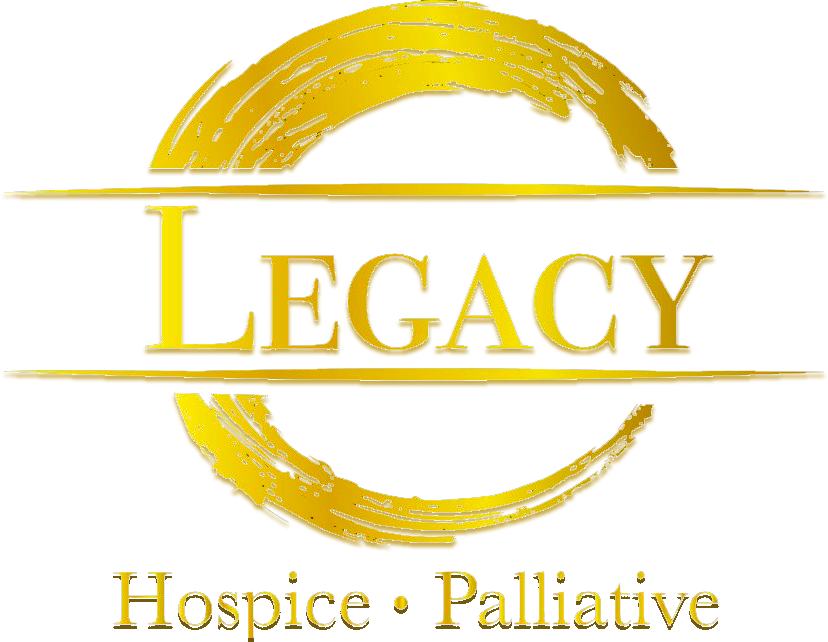Menu



Providing emotional support is a crucial aspect of hospice care, as families often face overwhelming feelings during this difficult time. Hospice teams are trained to address not just the physical needs of patients but also the emotional and psychological challenges that families encounter.
Support can come in various forms, including counseling services, support groups, and resources for coping with grief. For instance, Legacy Hospice Inc. offers family counseling sessions and access to local support groups, ensuring that families have the tools they need to navigate their emotions and maintain their well-being.
Selecting the appropriate hospice care plan is essential for ensuring that patients receive the best possible support tailored to their needs. Factors to consider include the patient's medical condition, personal preferences, and the level of care required.
Legacy Hospice Inc. assists families in evaluating various care options, helping them understand the differences between in-home care, inpatient units, and other services. By providing detailed information and personalized consultations, families can make informed decisions that honor their loved ones' wishes.
Caregivers play a vital role in hospice care, providing essential support to patients and their families. Their responsibilities often include managing medications, assisting with daily activities, and offering companionship during the patient's final days.
At Legacy Hospice Inc., caregivers are not only trained professionals but also compassionate individuals who understand the emotional and physical demands of end-of-life care. They are equipped to provide comfort and reassurance, ensuring that both patients and families feel supported throughout the journey.
Navigating end-of-life decisions can be challenging, but various resources are available to assist families in making informed choices. These resources include educational materials, legal advice, and access to healthcare professionals who specialize in end-of-life care.
Legacy Hospice Inc. offers a wealth of information on topics such as advance directives, palliative care options, and the rights of patients and families. By empowering families with knowledge, they can approach these difficult decisions with confidence and clarity.